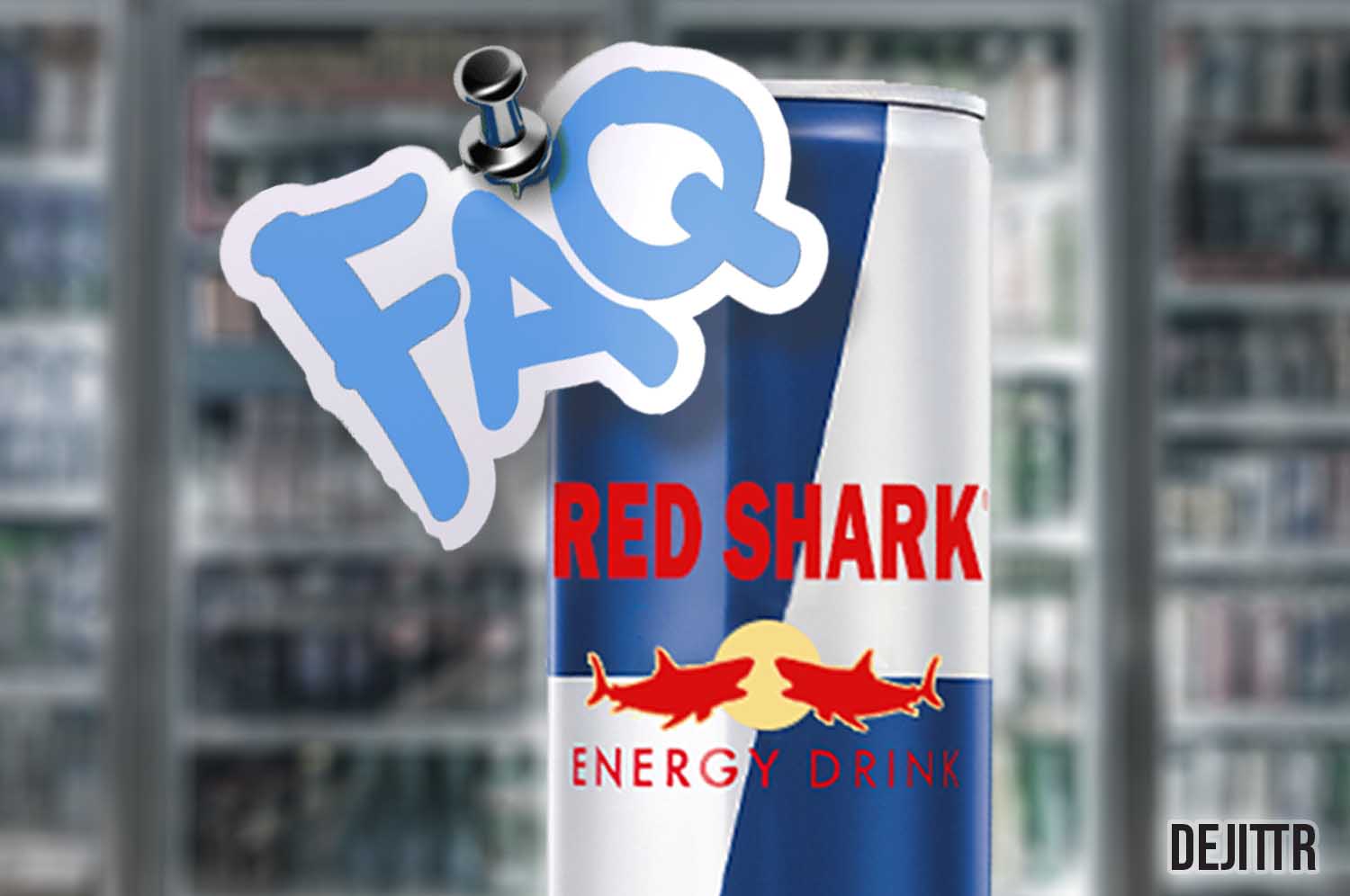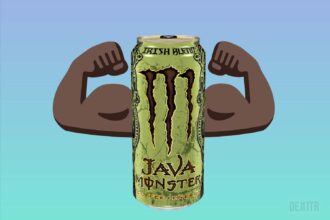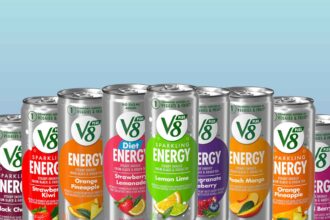Even if it is an inseparable part of our daily routine, there are probably many things you don’t know but are greatly curious about energy drinks.
To quench all the energy drink lovers’ curiosity, I will share answers to the 20 most asked energy drink questions!
An energy drink is a type of beverage that contains caffeine and other ingredients, such as taurine, B vitamins, and sugar or artificial sweeteners, that are marketed to improve energy and enhance mental and physical performance.
The amount of caffeine in energy drinks can vary widely, but it is typically between 80 and 300 milligrams per serving.
Energy drinks can have negative effects on health if consumed in excess, such as high blood pressure, heart palpitations, anxiety, and sleep disturbances. They can also lead to weight gain and dental problems. It is important to consume them in moderation and pay attention to the amount of caffeine and sugar in the drink.
Consuming energy drinks in excessive amounts has been linked to an increased risk of heart problems.
Energy drinks can affect sleep by making it harder to fall asleep, and can also cause insomnia.
Energy drinks can be addictive if consumed in large amounts, due to the high levels of caffeine.
Energy drinks are not recommended for children and adolescents due to their high caffeine content.
Pregnant and breastfeeding women should avoid consuming energy drinks due to the high levels of caffeine.
Energy drinks can cause tooth decay and erosion due to the high levels of sugar and acidity.
The effects of energy drinks can last for several hours, depending on the individual and the amount consumed.
Mixing energy drinks with alcohol can be dangerous as it can mask the effects of alcohol and lead to excessive drinking and poor decision-making.
There is no evidence that energy drinks cause diabetes, but consuming excessive amounts of sugar can contribute to the development of diabetes.
Energy drinks can cause liver damage if consumed in excessive amounts, especially when combined with alcohol.
Energy drinks can cause kidney damage if consumed in excessive amounts, as they can increase the levels of stress hormones and inflammation.
Energy drinks can lead to weight gain if consumed in excessive amounts, due to the high levels of sugar and calories.
Energy drinks can affect digestion by causing stomach upset and increasing acidity.
Energy drinks can cause headaches if consumed in excessive amounts, due to the high levels of caffeine.
Caffeine can cause headaches by constricting blood vessels in the brain. When blood vessels constrict, the blood flow to the brain is reduced, which can lead to headaches. Additionally, caffeine is a stimulant and can cause the release of stress hormones, which can also contribute to headaches.
Additionally, withdrawal from caffeine can also cause headaches, especially if you are a regular caffeine consumer and suddenly stop consuming it.
Energy drinks can cause high blood pressure if consumed in excessive amounts, due to the high levels of caffeine.
Caffeine can cause a temporary increase in blood pressure by stimulating the sympathetic nervous system. The sympathetic nervous system triggers the release of stress hormones such as adrenaline, which cause the blood vessels to constrict and raise blood pressure.
This effect is typically short-lived, and blood pressure returns to normal once the caffeine is metabolized. However, for people who are sensitive to the effects of caffeine or who consume large amounts of caffeine, the increase in blood pressure can be significant and may increase the risk of hypertension (high blood pressure) over time.
Additionally, people with hypertension or with a family history of hypertension should limit their caffeine intake as it can exacerbate their condition.
Energy drinks can cause anxiety if consumed in excessive amounts, due to the high levels of caffeine.
Energy drinks can cause skin problems if consumed in excessive amounts, due to the high levels of caffeine, which can cause dehydration and dryness on the skin.













